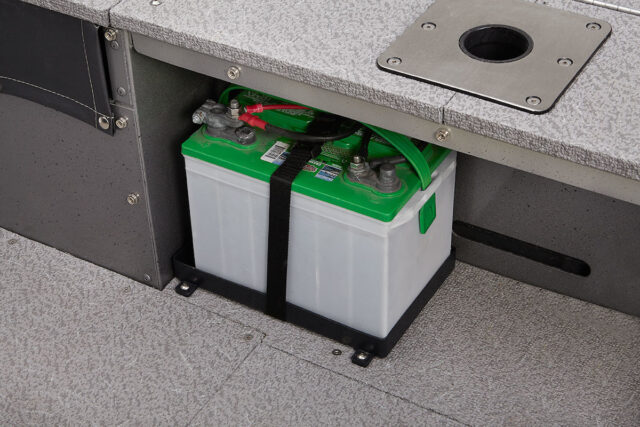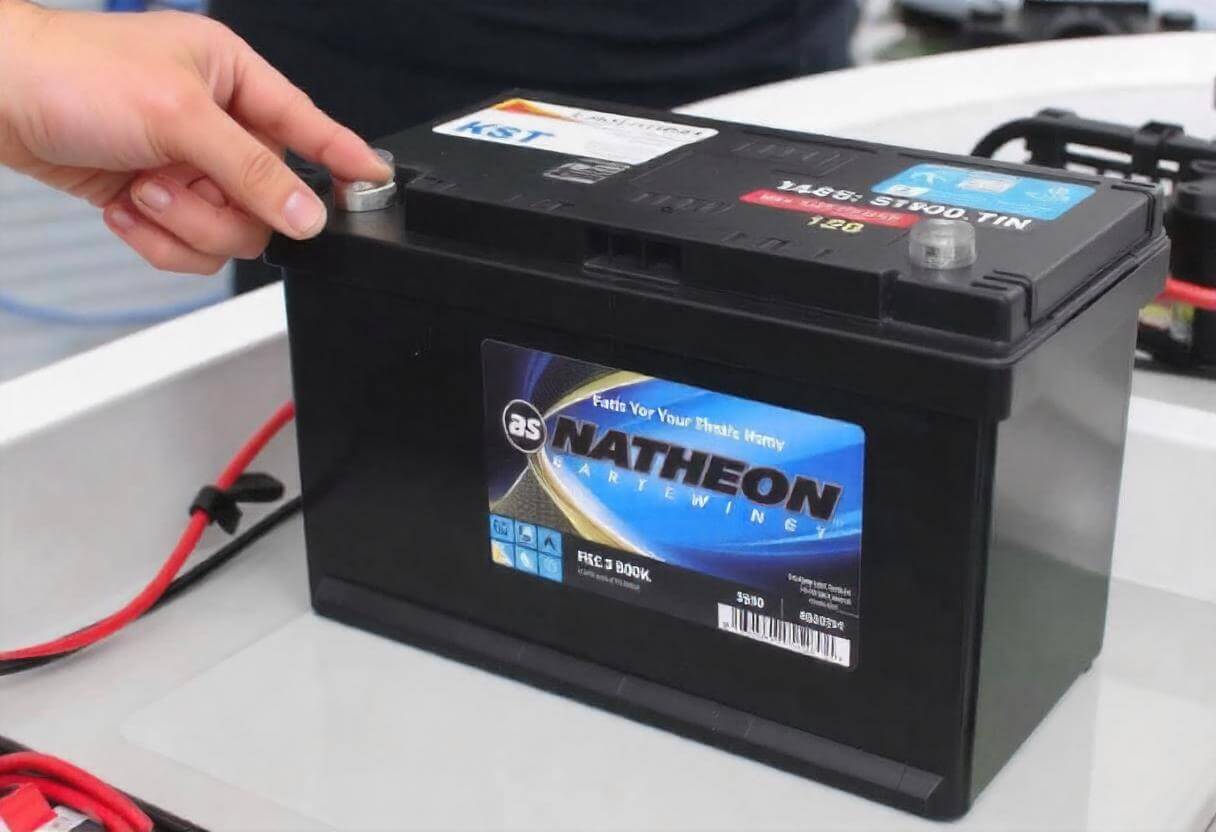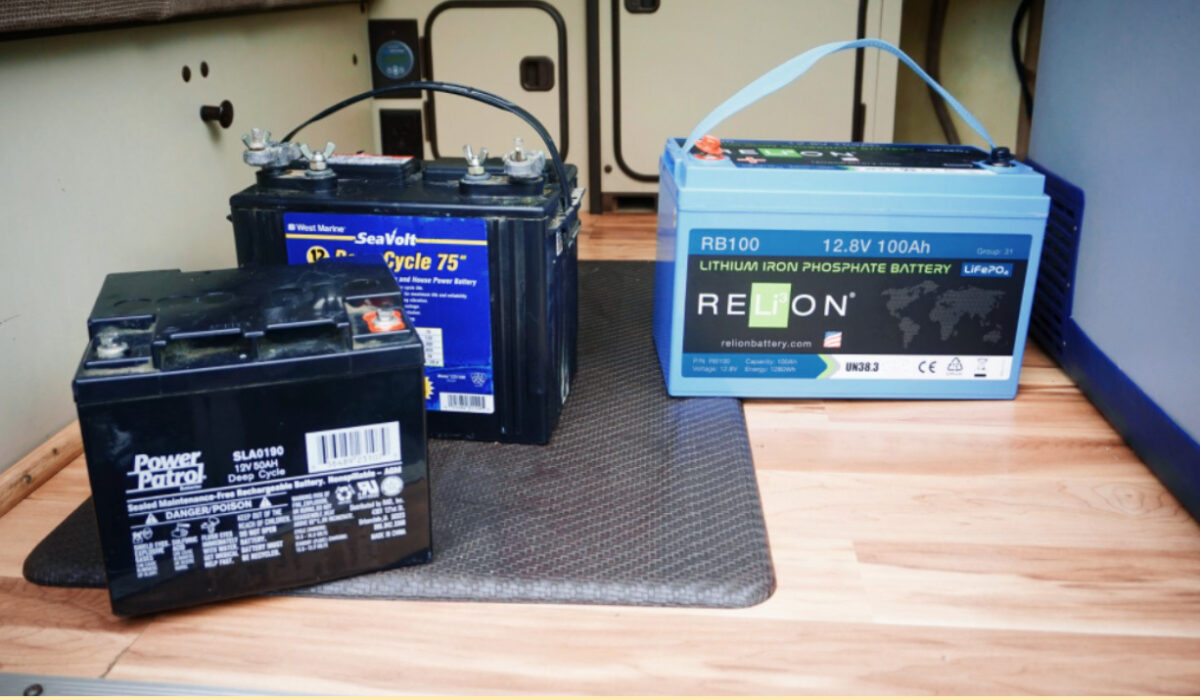
When it comes to navigating the vast waters of marine battery options, boaters are often faced with a critical decision: which type of battery will provide the best performance and reliability? Among the top contenders, AGM (Absorbent Glass Mat), Lithium, and Lead-Acid batteries each offer unique advantages and drawbacks that can significantly affect your maritime adventures. While AGM batteries are celebrated for their durability and maintenance-free operation, Lithium batteries boast impressive energy density and longevity.
Meanwhile, the familiar Lead-Acid batteries, with their long-standing presence in the boating industry, continue to serve many mariners well, despite their weight and maintenance needs. As we dive deep into the features, benefits, and limitations of these three options, youll discover that the right choice for your vessel hinges on your specific needs, usage patterns, and budget.
So, which marine battery ultimately reigns supreme? Let’s embark on this exploration together.
Overview of Battery Types

When selecting a marine battery, understanding the different types available is essential for making an informed decision. The three primary contenders are AGM (Absorbent Glass Mat), lithium-ion, and traditional lead-acid batteries, each boasting unique advantages and drawbacks.
AGM batteries are known for their spill-proof design and greater resistance to vibrations, making them ideal for rugged marine environments. In contrast, lithium-ion batteries shine with their lightweight composition and impressive energy density, offering longer lifespans and faster charging times.
Meanwhile, lead-acid batteries, despite being the oldest technology, continue to be a reliable choice for many, providing a lower upfront cost albeit with heavier weight and shorter cycle life. As we delve deeper into each type, considerations such as cost, performance, and battery life will play a pivotal role in determining which battery is the best fit for your maritime adventures.
AGM Batteries: Features and Benefits

AGM (Absorbent Glass Mat) batteries are a standout choice for marine applications, offering a unique blend of performance and safety. These sealed batteries don’t require maintenance, which signifies less hassle during your boating ventures.
Unlike traditional lead-acid batteries, AGM ones boast a superior resistance to vibration and shock, making them ideal for those choppy seas. They also have a low self-discharge rate; this means they can hold their charge for an extended period, allowing you to set sail without the constant worry of battery depletion. What’s more, AGM batteries are designed to be fully sealed, reducing the risk of spills and leaks—an essential feature for the protection of your vessel.
Additionally, they can deliver high bursts of power, which is perfect for starting engines and running power-hungry devices. In essence, choosing AGM batteries combines reliability, safety, and robust performance, ensuring that your marine adventures are smooth sailing.
Conclusion

In conclusion, choosing the right marine battery—be it AGM, lithium, or lead-acid—depends largely on your specific boating needs, budget, and intended use. AGM batteries offer a blend of reliability and maintenance-free operation, making them suitable for many marine enthusiasts.
Lithium batteries stand out for their lightweight design and superior longevity, perfect for those looking for high performance and efficiency on the water. Meanwhile, lead-acid batteries, while the least expensive option, may require more maintenance and have a shorter lifespan.
Ultimately, understanding the pros and cons of each type will help you make an informed decision that enhances your boating experience. For those seeking quality marine power solutions, GTK Marine Power provides a range of options that cater to various needs, ensuring you can find the perfect battery to suit your maritime adventures.



